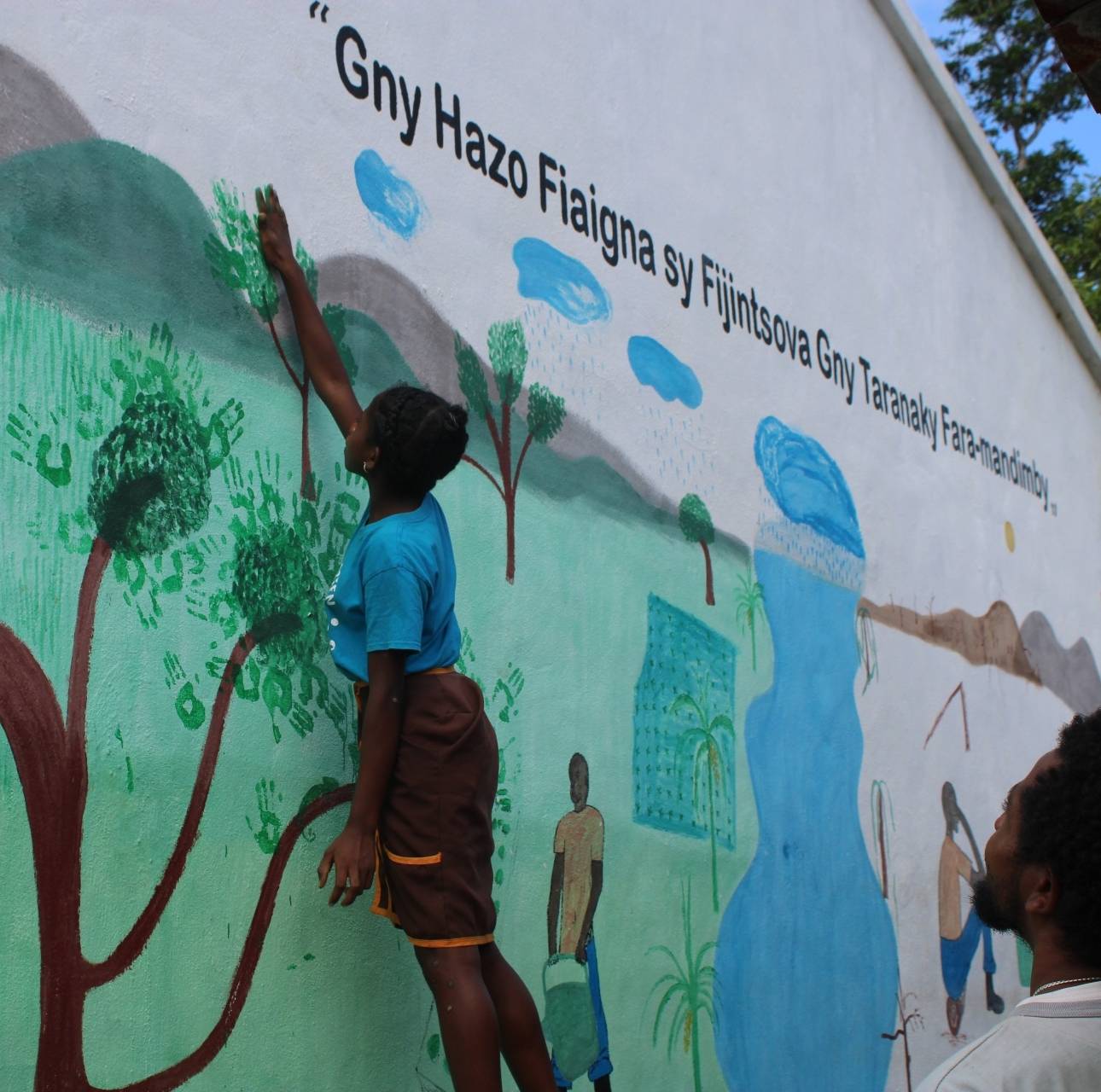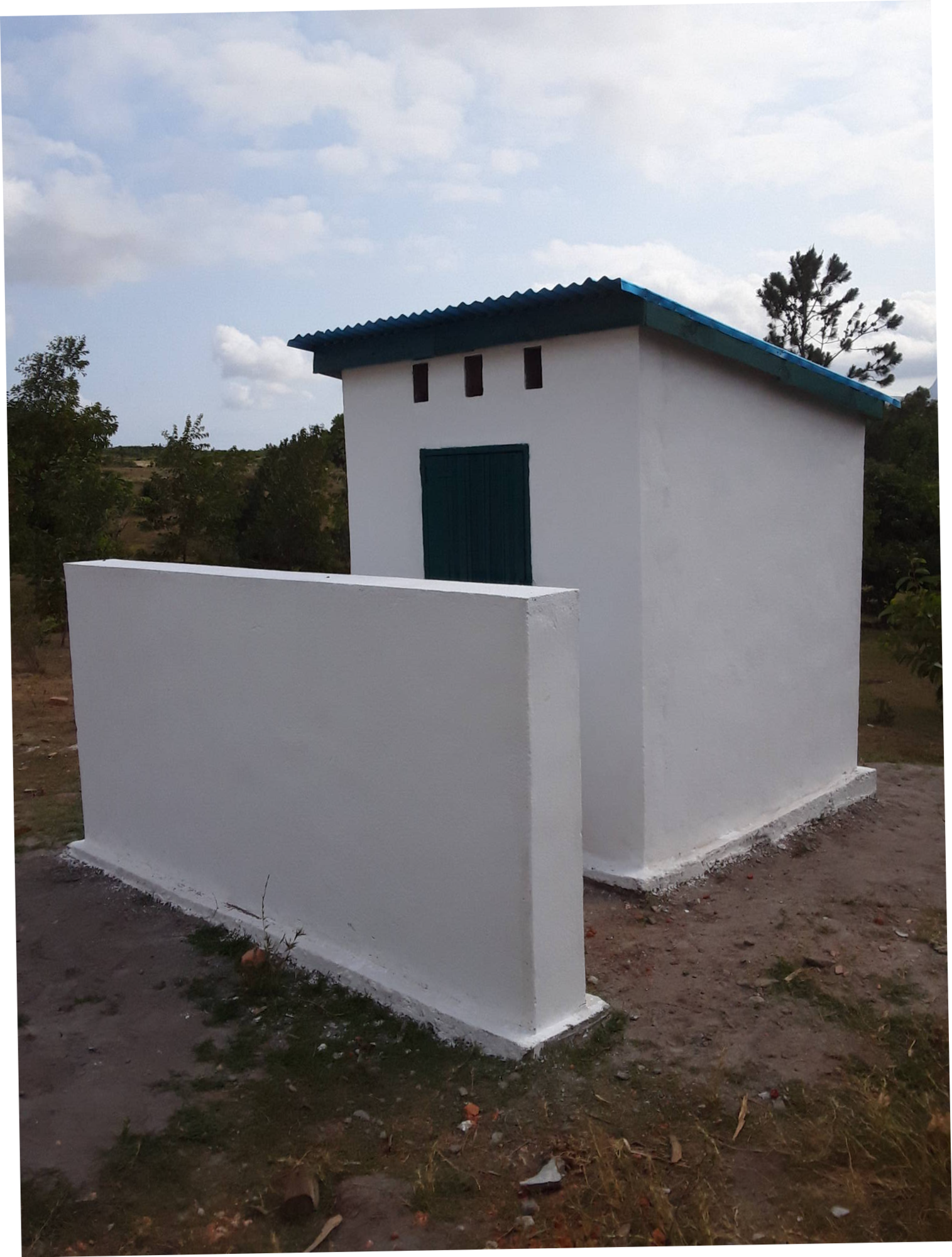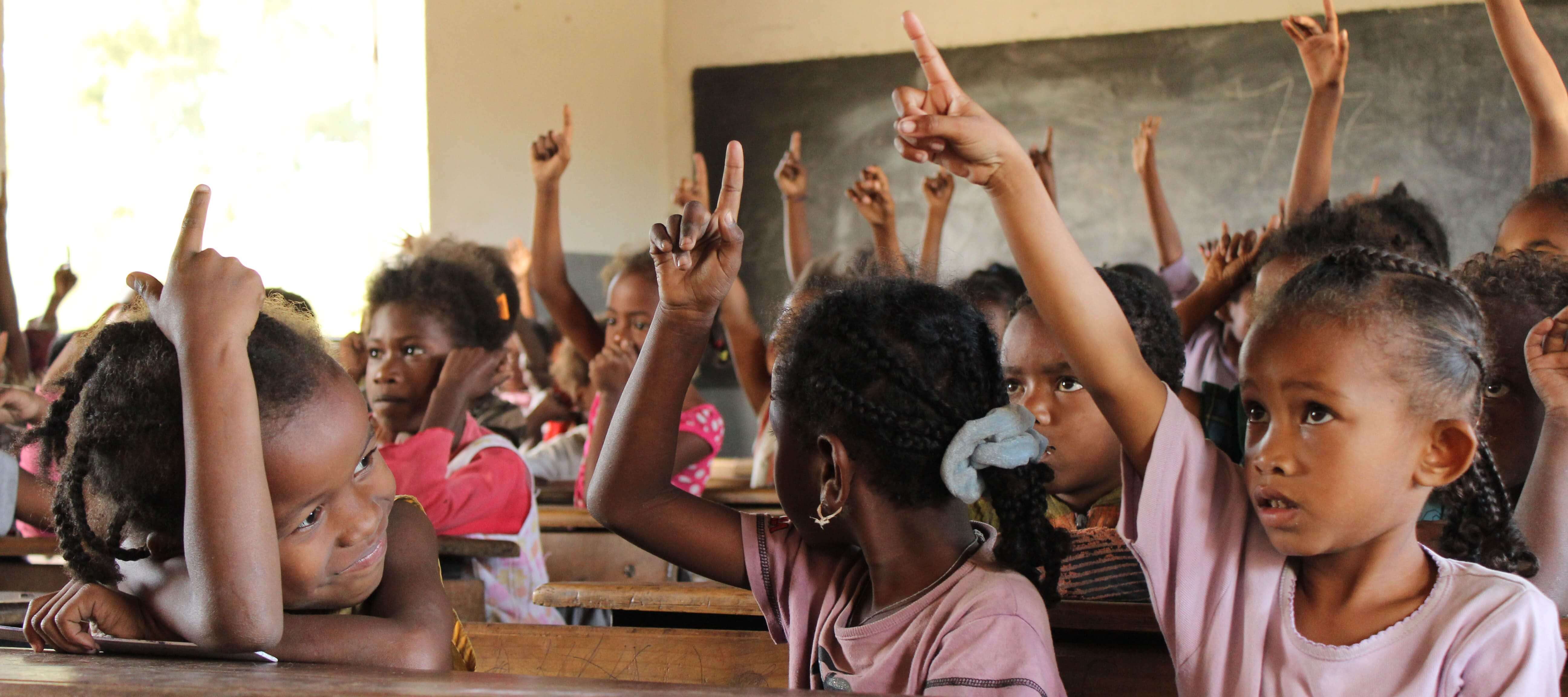Education Infrastructure
In the Anosy Region, where SEED Madagascar works, children don't have much chance of completing primary school. In fact, half of all school-aged children have never even been to primary school, let alone graduated or attended middle or high school. Government-provided infrastructure is severely limited, the number of paid teachers has declined, and teacher training is now almost non-existent.
59% of children in Madagascar complete primary school
Unesco Institute for Statistics Data, 2024
Through our education projects SEED Madagascar aims to tackle this shortfall by building new schools, repairing existing buildings, providing furniture and facilities to schools which don't have enough, and supporting teachers to teach. SEED Madagascar’s assistance with infrastructure and educational projects is highly sought after. As of 2024, SEED has constructed 30 different school buildings and repaired 9, totalling an added student capacity of 10,939 students throughout the region. Members of our Education Infrastructure team work together with local government and communities to implement education projects throughout the region.
Current projects

Sekoly Maintso
Sekoly Maintso aims to offset the carbon dioxide emissions of SEED’s school constructions and repairs while providing natural resources for communities by planting trees at school sites.
Project Sekoly Maintso
Sekoly
Increasing children's access to education through school construction and repairs, and through the provision of sanitation infrastructure and hygiene education.
Project Sekoly
Sekoly: Masoandro
Improving access to electricity for students, teachers, and wider communities using solar power in the Anosy region.
Project Sekoly: Masoandro
Fanaka
Providing vital desks and benches to public schools in Fort Dauphin and surrounding area so children don’t have to study on the floor.
Project FanakaCompleted projects

Ready for Rights
Working in conjunction with Project Mahampy and MHM, Ready for Rights teaches school children about sexual and reproductive heath
Project Ready for Rights